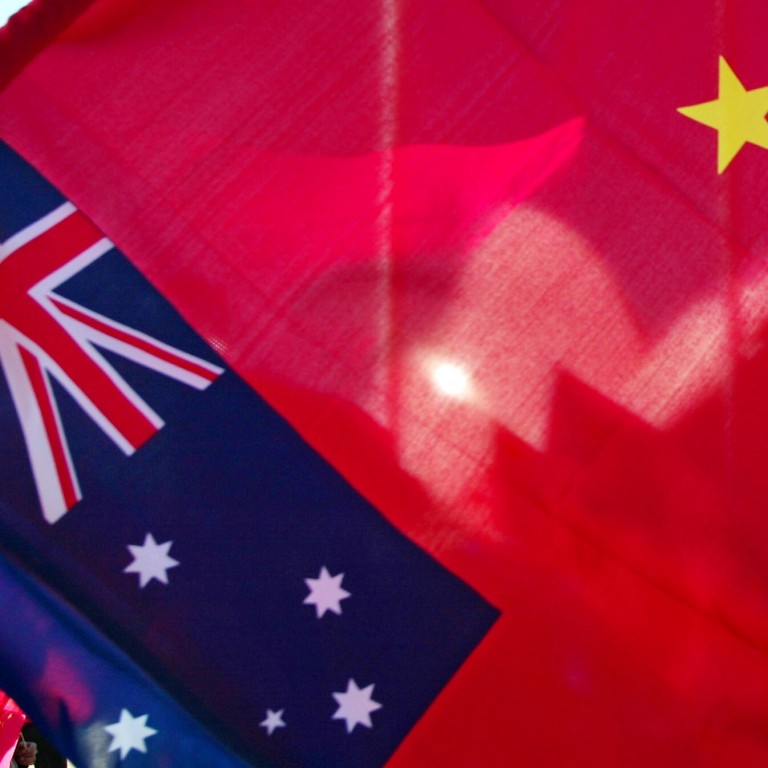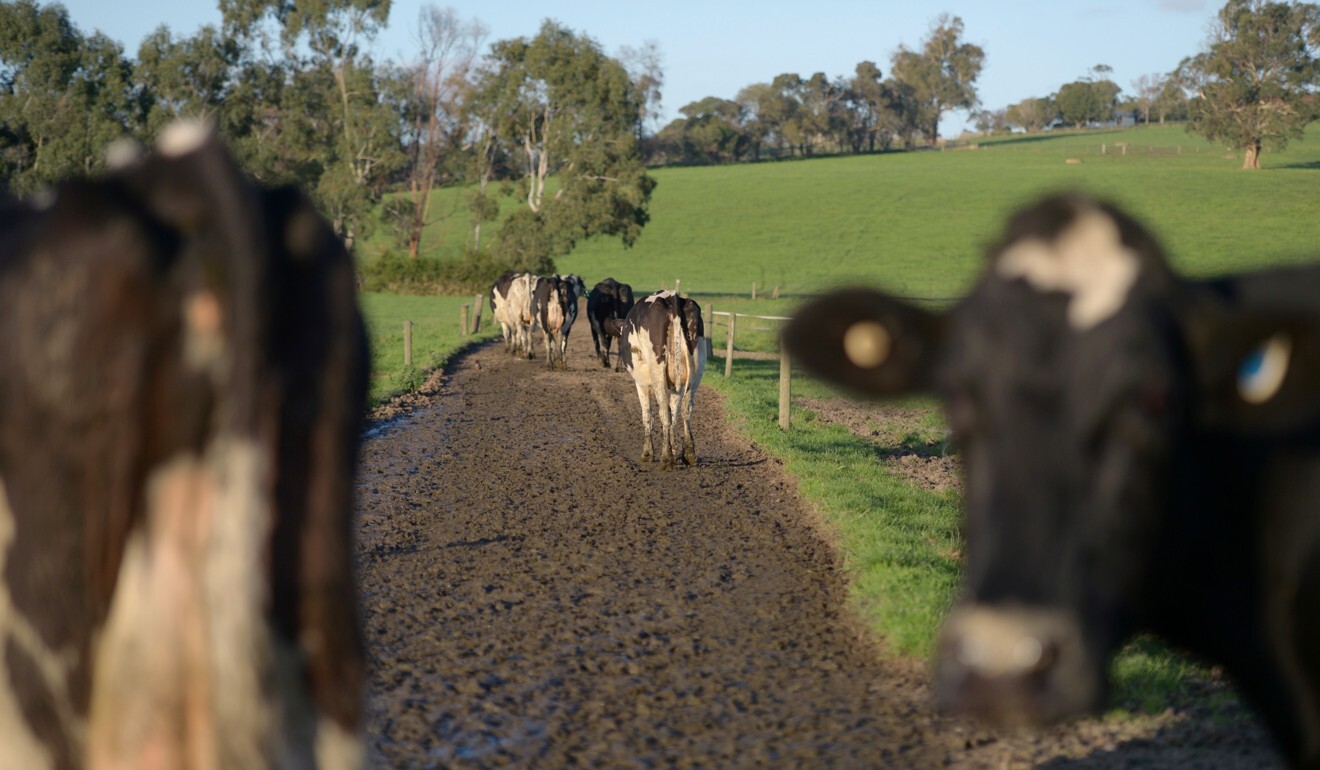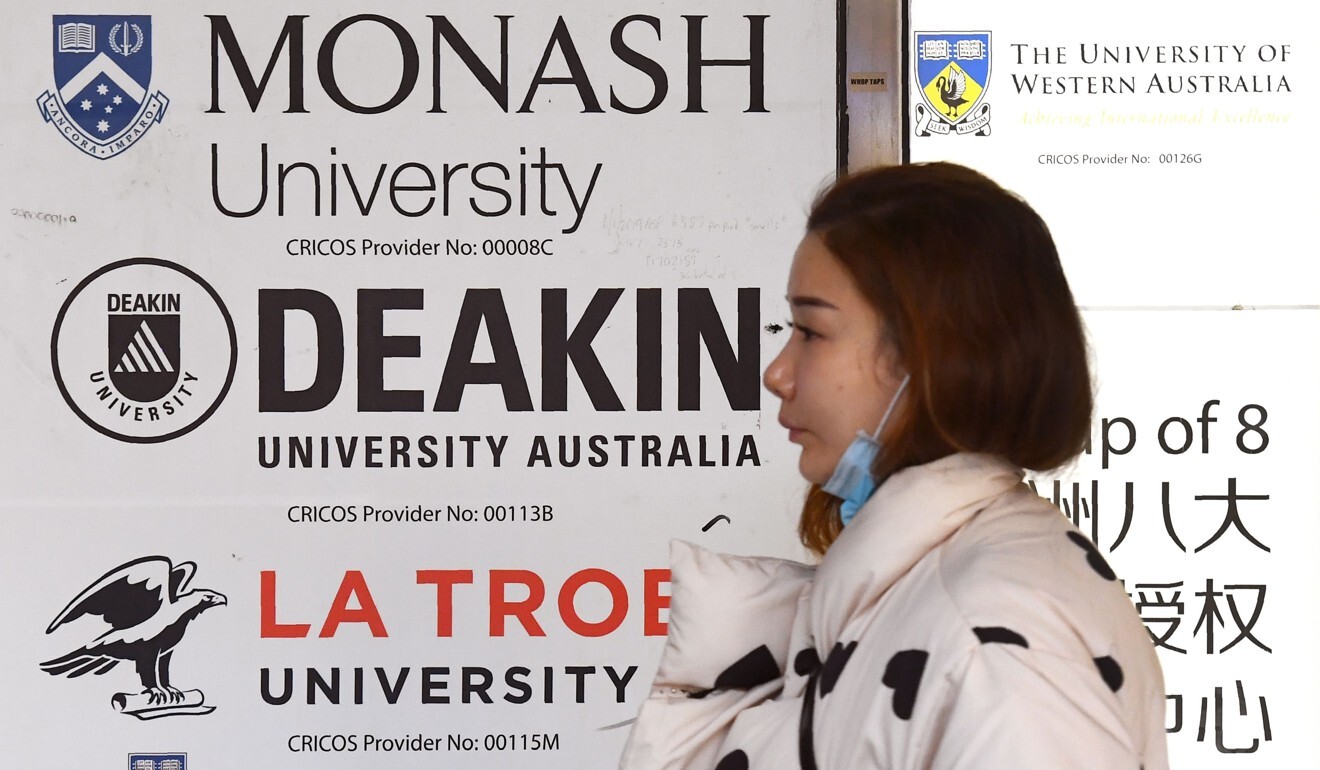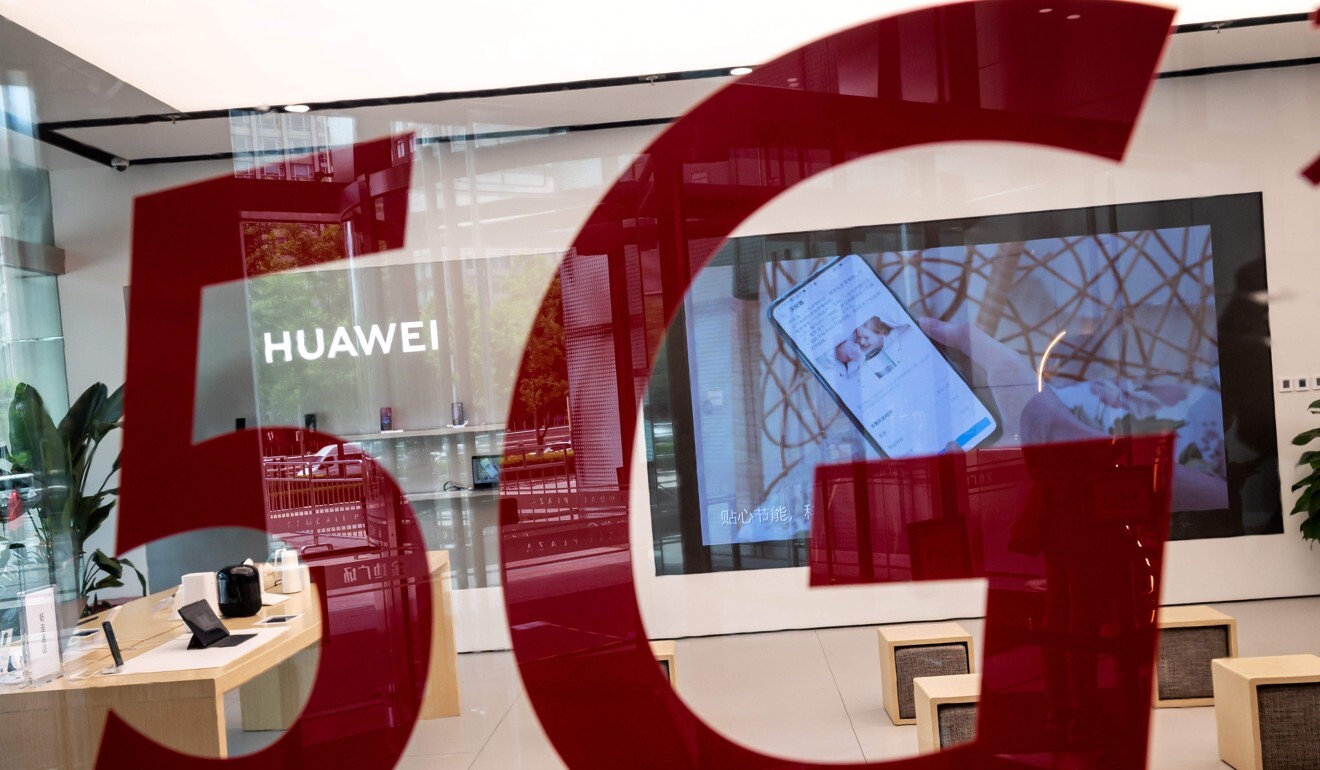
As China tensions mount, Australia’s dovish voices calling for engagement are fading away
- With Beijing continuing to exert pressure on Australia, voices urging an understanding of China are fading from the national conversation
- Observers are not banking on a thaw in relations any time soon given that China now sees Australia as ‘firmly in the US camp’, says an analyst
Kerry Stokes, one of the country’s richest tycoons, used a front page interview in the April 30 edition of the West Australian newspaper he owns to warn against poking “our biggest provider of income in the eye”, while mining magnate Andrew Forrest called for any investigation to be delayed.
Australia dismisses China’s racism warning to students
Former foreign ministers Bob Carr and Gareth Evans criticised Canberra for creating unnecessary tensions by turning an otherwise reasonable search for answers into a public spectacle, instead of engaging in quiet diplomacy. In Victoria, meanwhile, state treasurer Tim Pallas accused the federal government of vilifying the country’s largest trading partner and leaving local exporters to deal with the inevitable fallout.
But as Beijing has continued to ramp up the pressure on key sectors of Australia’s economy, voices urging understanding of China’s position have all but evaporated from a national conversation that has long been informed by both hawkish and dovish sentiment.

Why Australia should rethink being part of Trump’s expanded G7
“In being well and truly over the top, it’s been a Chinese diplomatic failure of immense proportions,” he said.
China’s Education Ministry on Tuesday warned the country’s citizens to “exercise caution” before choosing Australia as a study destination owing to “multiple incidents of discrimination targeting those of Asian descent” related to the coronavirus. This came just days after the Ministry of Culture and Tourism had urged against travel to Australia, citing a “significant increase” in racist attacks.

While Beijing’s warnings about racism highlight a longstanding issue faced by Asians in Australia, the timing of its statements has been seen as a pretext to enact further economic retaliation over the coronavirus inquiry, after Chinese officials blasted the proposal as a political smear campaign. Asian-Australians have reported a spike in racist incidents amid the coronavirus pandemic, which was first discovered in the Chinese city of Wuhan.
Jeffrey Wilson, research director at the Perth USAsia Centre, described what he called “the Australia-China trade war” as “asymmetric”, saying every time China introduces sanction “Australia just blinks”.
The harder China pushes, the greater Australian resistance hardens
“The further that the People’s Republic of China accelerates these one sided trade sanctions, the less space is available for pro-engagement voices to call for some kind of ‘better engagement’," he said. “Isolated incidents can be explained away, but as the sanctions mount it becomes harder to argue they are not deliberate trade coercion.”
“The mood in Australia has turned against China to the point where people who counsel engagement – notably the mining magnate Andrew Forrest – have actually been called ‘traitors,’” said Salvatore Babones, adjunct scholar at the right-leaning Centre for Independent Studies in Sydney. “The harder China pushes, the greater Australian resistance hardens.”
A sustained drop-off in Chinese visitors and students could deal a potentially devastating blow to Australia’s tourism and international education industries, both of which are already reeling from the shutdown of international travel in the wake of the coronavirus. Before the pandemic, about 1.4 million Chinese visited Australia each year, spending some A$12 billion (US$8.3 billion). Chinese students are also the main driver of the country’s A$38 billion international education industry, making up about 11 per cent of the entire student population.

Delia Lin, a senior Chinese Studies lecturer at the University of Melbourne, said China’s most recent moves had caused particular shock and disappointment because they were aimed at businesses that have been “actively engaging with and supportive of China”.
“Some [firms] told me they were shocked and disappointed with the actions that Chinese ministries have taken to defame Australia,” Lin said.
“These precautionary warnings caught many by surprise. Though this is not the first warning against Australia the Chinese Ministry of Education has issued, the wording is totally different this time and it’s aimed at creating a devastating and lasting impact on the international education industry in Australia.”
Rightly or wrongly, many Chinese think there is no mutual respect in this relationship
Dominic Meagher, a visiting fellow at the Australian National University with 15 years of experience promoting closer ties with China, said there had been a “change in the mood, with Australians less concerned about whether [Beijing] was angry at us or not”.
“The logic is: if [China] is determined to always be angry at everyone over so many trivial issues, rather than tripping over yourself to not to upset them it’s better to just get used to living with their anger,” he said.
Although Beijing has not acknowledged any link between its travel advisories or trade restrictions and tensions with Australia over the inquiry, Chinese Foreign Ministry spokeswoman Hua Chunying on Monday said she hoped Australia could work with China “on the basis of mutual respect, equality and mutual benefit, and do things that are conducive to our comprehensive strategic partnership.”
Australia won’t be intimidated by China’s ‘coercion’, PM says
Mobo Gao, a Chinese-Australian professor at the University of Adelaide, said Australians, including many Chinese-Australians, increasingly viewed the situation as hopeless but, judging from social media, huge numbers of people in China believed Beijing had “tolerated Australia’s arrogance for too long”.
“To them a fight back is overdue,” Gao said. “Rightly or wrongly, many Chinese think there is no mutual respect in this relationship.”
Amid divisions that appear increasingly intractable, observers are holding out little hope for a thaw.
“Previously, China may have tried to be more friendly to other countries as it ramped up rhetoric against the US,” said Yun Jiang, a former Australian public servant who now serves as director of the China Policy Centre, an independent research organisation. “However, China likely sees Australia as firmly in the US camp, so it is unlikely to use the same strategy on Australia now. China’s recent actions have also antagonised Australia. That, coupled with popular sentiments on Covid-19, means there is not much popular support in Australia for improving the bilateral relationship.”

